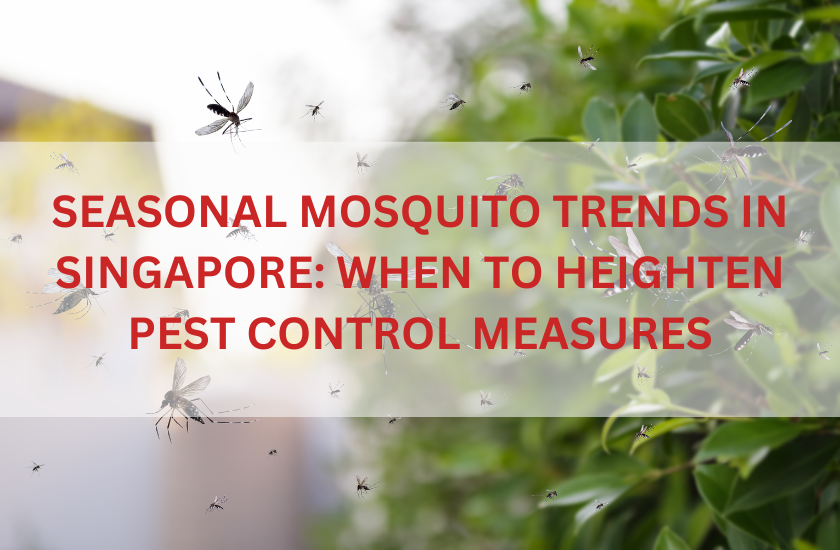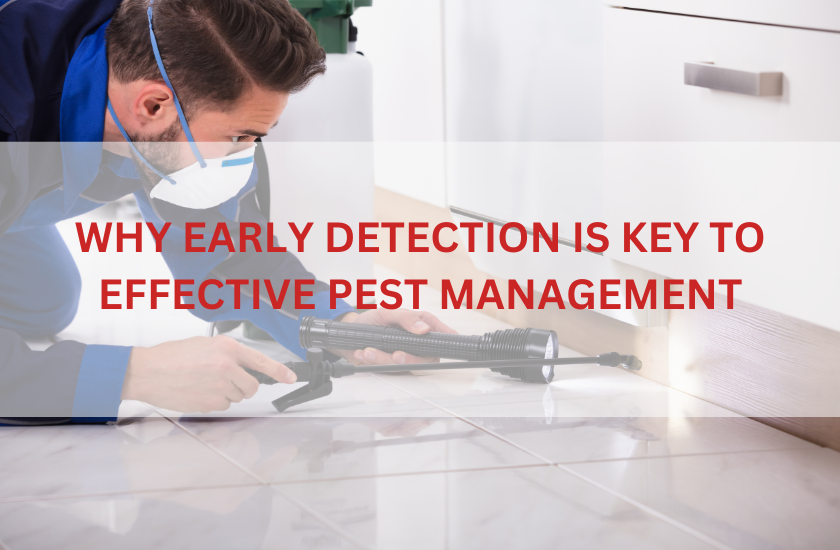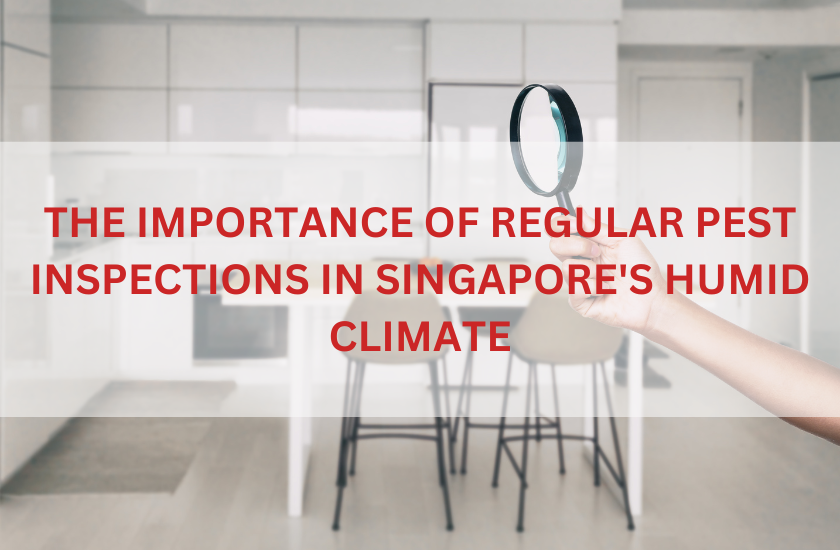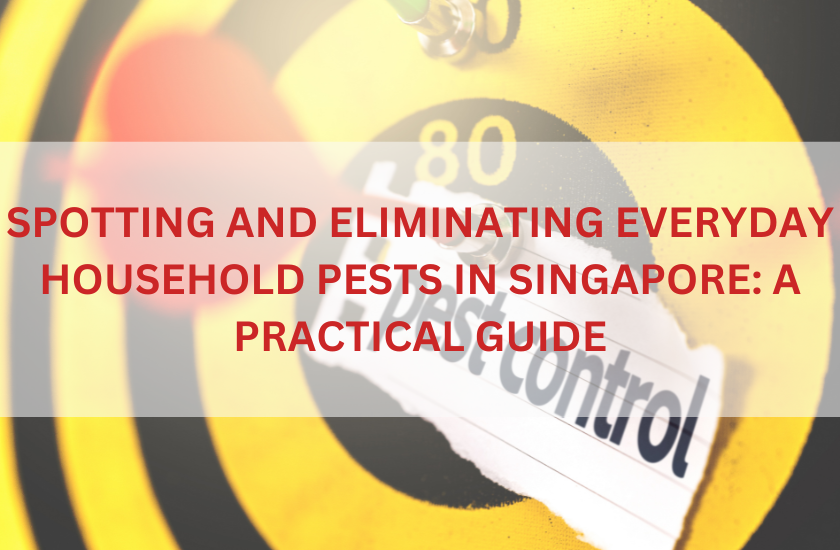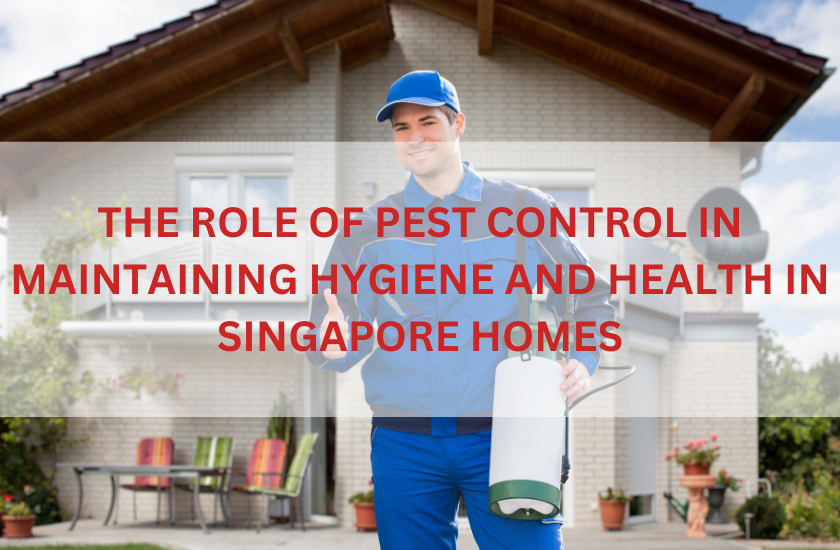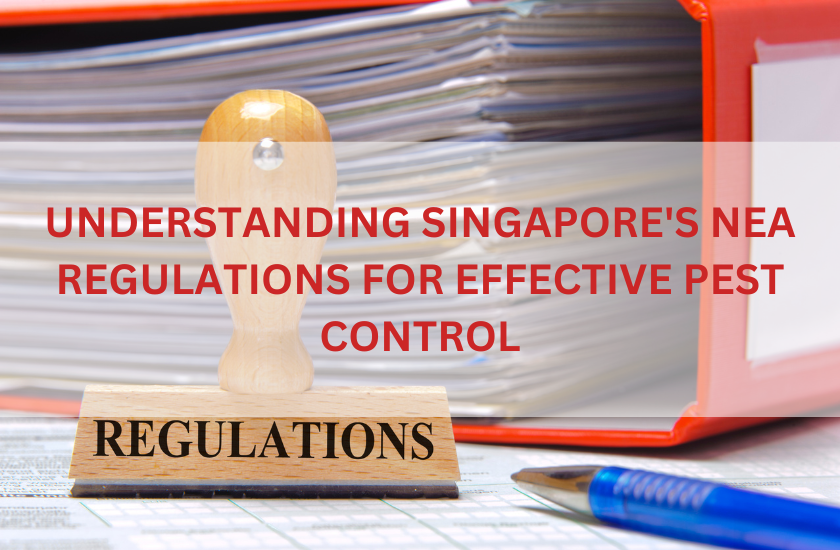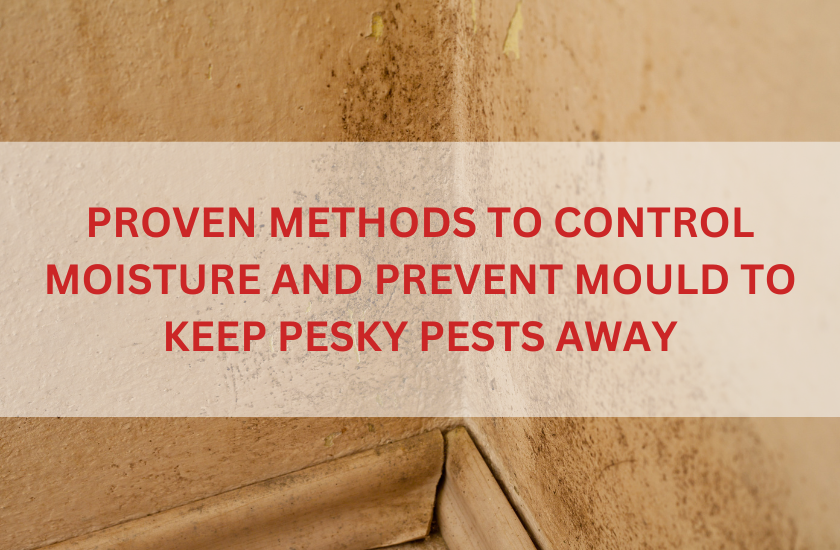Singapore, a tropical island nation, is known for its lush greenery and warm climate. However, this tropical paradise also provides an ideal breeding ground for mosquitoes. Understanding seasonal mosquito trends is crucial for effective pest control and preventing vector-borne diseases. Here’s a comprehensive look at when to heighten pest control measures in Singapore.
Understanding the Mosquito Lifecycle and Climate Influence
Mosquitoes thrive in warm and humid environments, making Singapore’s climate a perfect habitat. There are different types of mosquitoes found in Singapore like Aedes Mosquitoes, Anopheles Mosquitoes, and Culex Mosquitoes. The mosquito lifecycle, from egg to adult, typically lasts around 8 to 10 days, and this can be faster in warmer temperatures. Key factors influencing mosquito populations include temperature, rainfall, and humidity.
Seasonal Trends in Mosquito Activity
Singapore, located near the equator, experiences a tropical climate with abundant rainfall, high and consistent temperatures, and high humidity year-round. There are no distinct wet or dry seasons, but two main monsoon seasons: the Northeast Monsoon (December to March) and the Southwest Monsoon (June to September), with inter-monsoonal periods in between.
The Northeast Monsoon has a “wet phase” (December and January) with moderate to heavy afternoon rains, and a “dry phase” (February and March) that is cooler and less rainy.
The Southwest Monsoon brings predawn to midday showers and brief thunderstorms. ‘Sumatra squalls,’ moving east from Sumatra, often hit in the early morning, causing heavy rain for 1-2 hours followed by lighter rain. This season also experiences dry spells and occasional smoke haze from Indonesian forest fires.
Inter-monsoon periods (April to May and October to November) feature afternoon and early evening showers. It is usually hot and dry from May to July, with more frequent rain spells from November to January.
With high rainfall and humidity, mosquito breeding is favorable. As seasons change, it’s crucial to take the right precautions to manage and protect your family from mosquito bites and diseases.
Wet Season (December to January and June to September)
- Increased Breeding Sites: The northeast monsoon brings heavy rains, leading to an abundance of stagnant water – ideal breeding grounds for mosquitoes.
- Higher Dengue Risk: The Aedes mosquito, a primary vector for dengue, breeds prolifically during this time. Increased vigilance and preventive measures are essential to control the mosquito population.
- Pest Control Measures: During this season, regular inspection of potential breeding sites, proper drainage of stagnant water, and community awareness campaigns are crucial. Enhanced fogging and larvicide treatments are also recommended.
Dry Season (February to March)
- Reduced Breeding but Not Eliminated: While there is less rainfall, water stored in containers and uncovered tanks can still serve as breeding grounds.
- Ongoing Vigilance Needed: Mosquitoes can still breed in smaller water bodies. Dengue outbreaks have occurred even during the drier months due to neglected water storage.
- Pest Control Measures: Routine checks and community engagement in removing stagnant water sources are vital. Public education on preventive practices remains important.
Inter-Monsoon Periods (April to May and October to November)
- Fluctuating Mosquito Populations: These periods experience a mix of sunny and rainy days, leading to fluctuating mosquito populations.
- Potential for Dengue Surges: Unpredictable weather can lead to sudden increases in mosquito breeding, posing a risk for dengue transmission.
- Pest Control Measures: Continuous monitoring of mosquito population trends and flexible pest control strategies are required. Responsive measures like targeted fogging and increased public awareness can help mitigate risks.
Special Considerations for Pest Control
Urbanization and Construction Sites
Urban development in Singapore has been rapid, leading to numerous construction projects across the island. These construction sites, unfortunately, can become prime breeding grounds for mosquitoes if not properly managed. Stagnant water can accumulate in containers, machinery, and building materials, providing ideal conditions for mosquito larvae to thrive.
- Regular Inspections: Construction sites should be regularly inspected for any potential breeding sites. This includes checking for water accumulation in tires, containers, and any other areas where water can collect.
- Proper Water Management: Ensuring proper drainage and covering or disposing of containers that can hold water is crucial. Installing water pumps to remove standing water can be effective.
- Use of Larvicides: Applying larvicides to standing water that cannot be eliminated can help control mosquito populations by targeting larvae before they mature into adults.
- Collaboration with Pest Control Services: Construction companies should work closely with professional pest control services to implement comprehensive mosquito management plans.
Community Engagement
Effective mosquito control is not solely the responsibility of government agencies and pest control companies; community participation is equally vital.
Education and Awareness:
- Public Awareness Campaigns: Educating the public about the dangers of mosquito-borne diseases and the importance of preventing mosquito breeding can significantly reduce the mosquito population.
- Workshops and Outreach Programs: Community workshops and outreach programs can provide hands-on training on identifying and eliminating breeding sites. These programs can be organized by community centers, schools, and local organizations.
Community Action:
- Neighborhood Inspections: Organizing regular community inspections to check for stagnant water in common areas such as parks, playgrounds, and residential compounds can help in the early detection and elimination of breeding sites.
- Reporting Mechanisms: Establishing easy-to-use reporting mechanisms for residents to report potential breeding sites to local authorities can enhance timely intervention.
Government Initiatives
Dengue Prevention Campaign:
- Regular Inspections: NEA conducts regular inspections of residential and commercial areas to identify and eliminate mosquito breeding sites. These inspections are intensified during peak mosquito breeding seasons.
- Fogging Operations: Fogging is carried out in areas with high mosquito populations to reduce the number of adult mosquitoes. This is especially important during dengue outbreaks to quickly bring down the mosquito population.
- Public Education Programs: NEA runs extensive public education programs to raise awareness about mosquito-borne diseases and preventive measures. These programs include distributing educational materials, running media campaigns, and engaging with schools and community groups.
Legislation and Enforcement:
- Stringent Regulations: NEA enforces stringent regulations on property owners, construction companies, and public spaces to ensure compliance with mosquito control measures. Non-compliance can result in fines and other penalties.
- Monitoring and Surveillance: Continuous monitoring and surveillance of mosquito populations help NEA track trends and identify hotspots. This data is used to inform and adapt control strategies.
By understanding these special considerations and actively participating in mosquito control efforts, Singapore can effectively manage and reduce the mosquito population, thereby minimizing the risk of mosquito-borne diseases.
Conclusion
Understanding seasonal mosquito trends in Singapore is vital for implementing timely and effective pest control measures. While the wet season demands heightened vigilance due to increased breeding sites, the dry and inter-monsoon periods also require consistent efforts to control mosquito populations. By adopting a proactive and community-focused approach, Singapore can continue to combat mosquito-borne diseases effectively, ensuring a healthier environment for all its residents.
Engaging a professional pest control company can greatly enhance these efforts. Pest control experts possess the knowledge, tools, and experience to effectively target mosquito breeding sites, apply safe and efficient treatments, and provide valuable advice on preventive measures. By partnering with a reputable pest control service, residents can ensure that their homes and communities remain protected year-round.
Stay vigilant, stay informed, and play your part in making Singapore a safer place, free from the threat of mosquito-borne illnesses.

